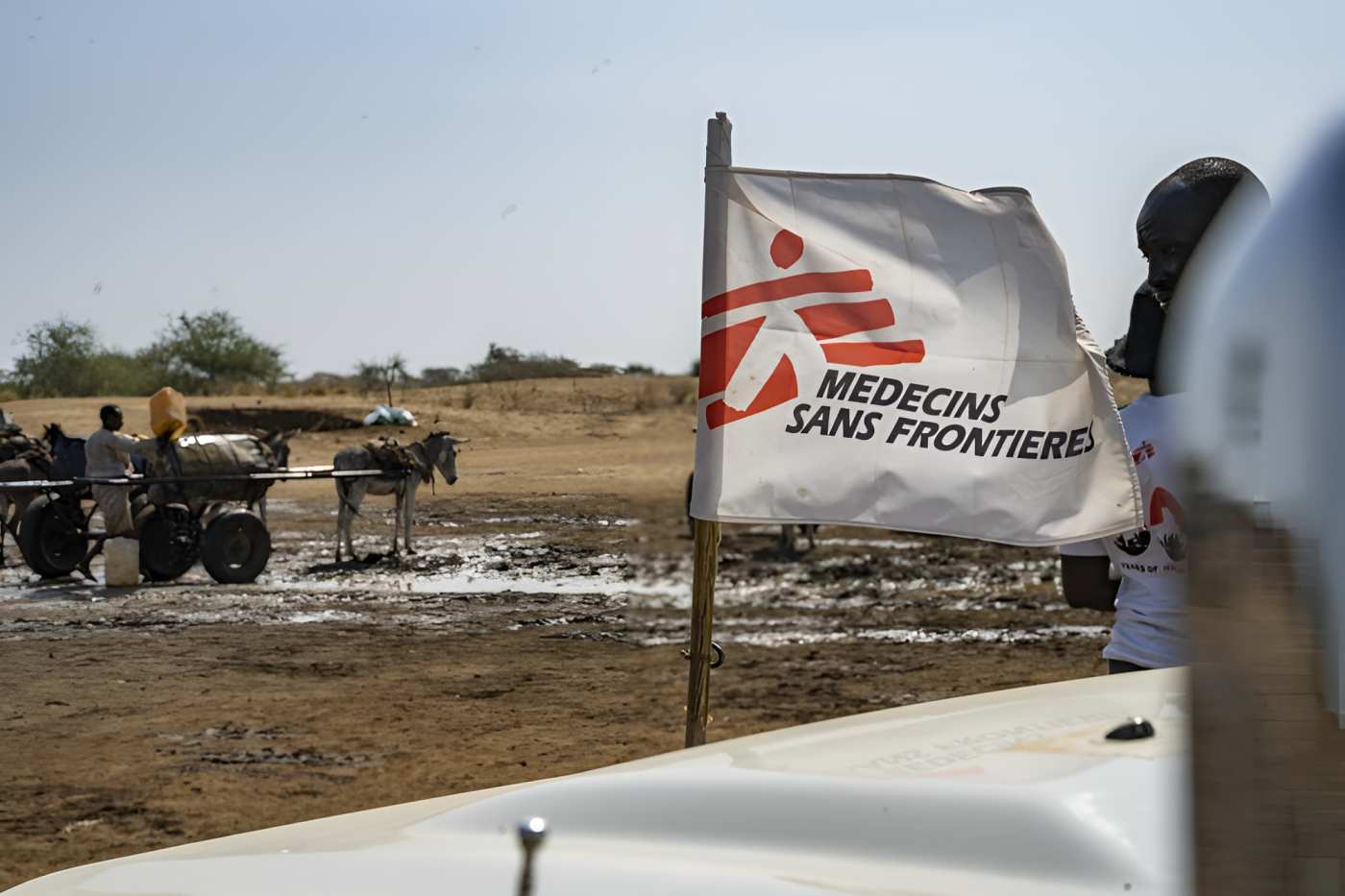Doctors Without Borders (MSF) reported on Thursday that attacks on medical facilities are increasing in South Sudan, as escalating conflict triggers mass displacement and overwhelms already under-resourced health centres.
South Sudan has faced persistent insecurity and political turmoil, but in recent months, tensions between President Salva Kiir and Vice-President Riek Machar have escalated into violent clashes between their respective forces across the country.
While international attention has centered on the fighting in Upper Nile State, MSF warned that clashes are also taking place in Jonglei, Unity, and Western Central Equatorial states.
"We are facing a major conflict unfolding across multiple fronts and locations," said MSF’s operations manager, Bakri Abubakr.
Abubakr described the resulting displacement as a "major crisis," with around 60,000 people displaced in Upper Nile State and 50,000 in Jonglei alone.
MSF teams have seen entire villages forced to flee, with hospitals, health centres, and community facilities deserted by their staff, he added.
He stated that the country’s health system is currently deteriorating rapidly, noting that even prior to the recent conflict, only about half of South Sudan’s medical centers were functioning.
According to MSF, international organizations provide nearly 80 percent of the healthcare funding, while Juba allocates a mere 1.3% from its own budget.
Abdalla Hussein from MSF reported an increase in attacks targeting healthcare facilities, medical staff, and civilians, including assaults on White River Nile barges transporting essential supplies and the looting of isolated outposts.
The UN has confirmed that eight medical centers have been hit this year, though MSF suspects the actual number may be greater.”
Zakariya Mwatia, MSF’s head of mission, reported an increasing number of wounded arriving in Malakal city after enduring weeks of sleeping rough and trekking through the bush, their health barely holding on, often beyond the help of medical staff.
"We have yet to witness the worst," he warned.
